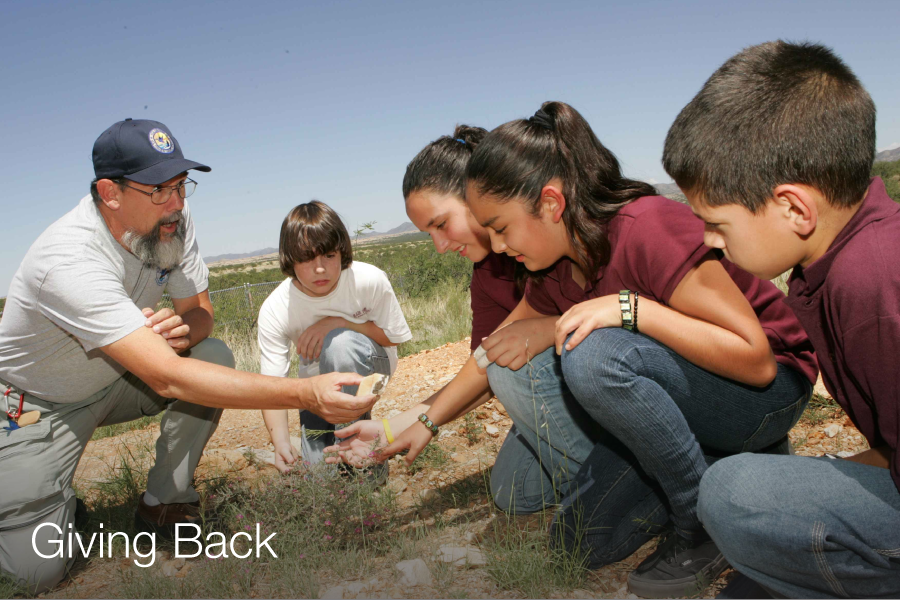We do not live for ourselves alone
Service is not necessarily a sacrifice, but rather can benefit both giver and receiver.
Service is said to serve the giver by reducing painful unhealthy mind-states such as greed, jealousy, and egocentricity while strengthening pleasant, healthy mind-states such as happiness and generosity. Psychologists agree. Their research shows that people who volunteer more are happier and healthier and even live longer. Elderly volunteers who donate their time to assist students who are having trouble at school not only feel better themselves but also display improved intellectual abilities and better brain function. The same benefits can be experienced through undertaking meaningful paid work.
Society also benefits when individuals are generous. Generosity tends to lead to more generosity, and those who witness kind, caring behavior are more likely to be kind and caring themselves. The evidence is clear: generosity and service to others improves psychological, physical and brain wellbeing. When people help others, in their work or beyond it, they themselves are helped and tend to end up happier and healthier. Contribution and service to others have long been considered essential elements of a life well lived. Now they can also be considered essential elements of a healthy life.
